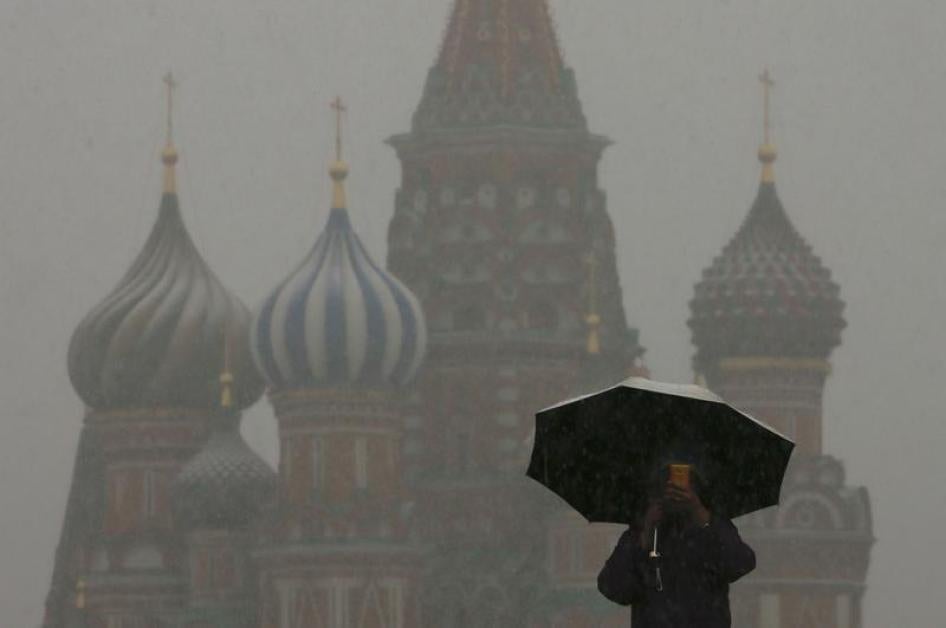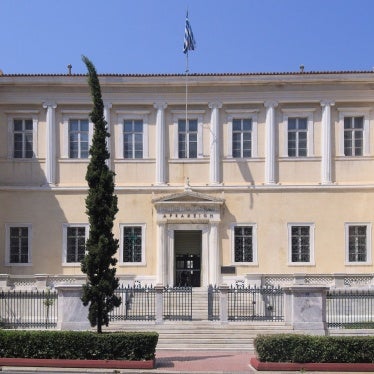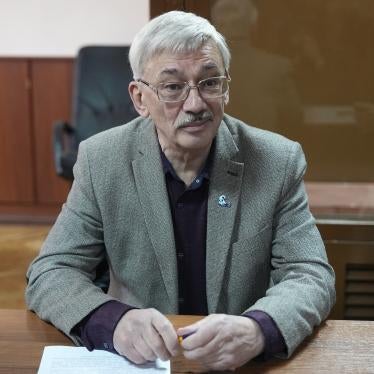In today’s Russia, denying God’s existence can carry big risks. Just ask Viktor Krasnov, currently on trial in Stavropol for “offending religious feelings of believers,” and facing a possible year in prison.
Krasnov is an avid user of VKontakte, Russia’s most popular social network, and has an account under the name of Victor Kolosov. In October 2014, Krasnov joined a discussion in “Heard in Stavropol,” a forum on VKontakte for Stavropol residents. A dozen people were talking about family values and gender roles, so he got locked into a heated debate with two of them on the subject of Russian Orthodoxy and Christian values. His interlocutors were apparent believers; he was not. Krasnov wrote that the Bible was nothing but “a collection of Jewish tales” and “absolute bullshit.” After being asked to temper his language, Krasnov responded, “There is no God.”
Krasnov’s online opponents brought a complaint with law enforcement authorities. The authorities opened a case into allegations of “offending religious feelings of believers” under article 148.1 of Russia’s criminal code and eventually forwarded Krasnov’s online exchange to the North Caucasus Center for Forensic Expertise for Linguistic Analysis. A group of expert linguists concluded that Krasnov’s “remarks are offensive to Orthodox Christianity and aim at degrading [offending] religious feelings of believers.”
Krasnov was indicted in early 2015; his trial began in February 2016 and is ongoing. According to Krasnov’s lawyer, the individuals who complained about being offended by the statements have shown no interest in the prosecution, prompting the authorities to order bailiffs to pick them up and bring them to the court room.
Article 148.1 entered into force in 2013. Criminal sanctions under the law require “public actions” that “express an overt disrespect for society,” conditions that do not even appear to apply to the Krasnov case.
This absurd trial, however, fits well within the increasingly aggressive campaign by the Russian government to stifle free expression online with the use of numerous restrictive laws pushed through parliament since Vladimir Putin’s return to the Kremlin. The law on “offending religious feelings of believers” appears to be one of the tools created by the authorities specifically for the purpose of narrowing the space for free expression in Russia.









